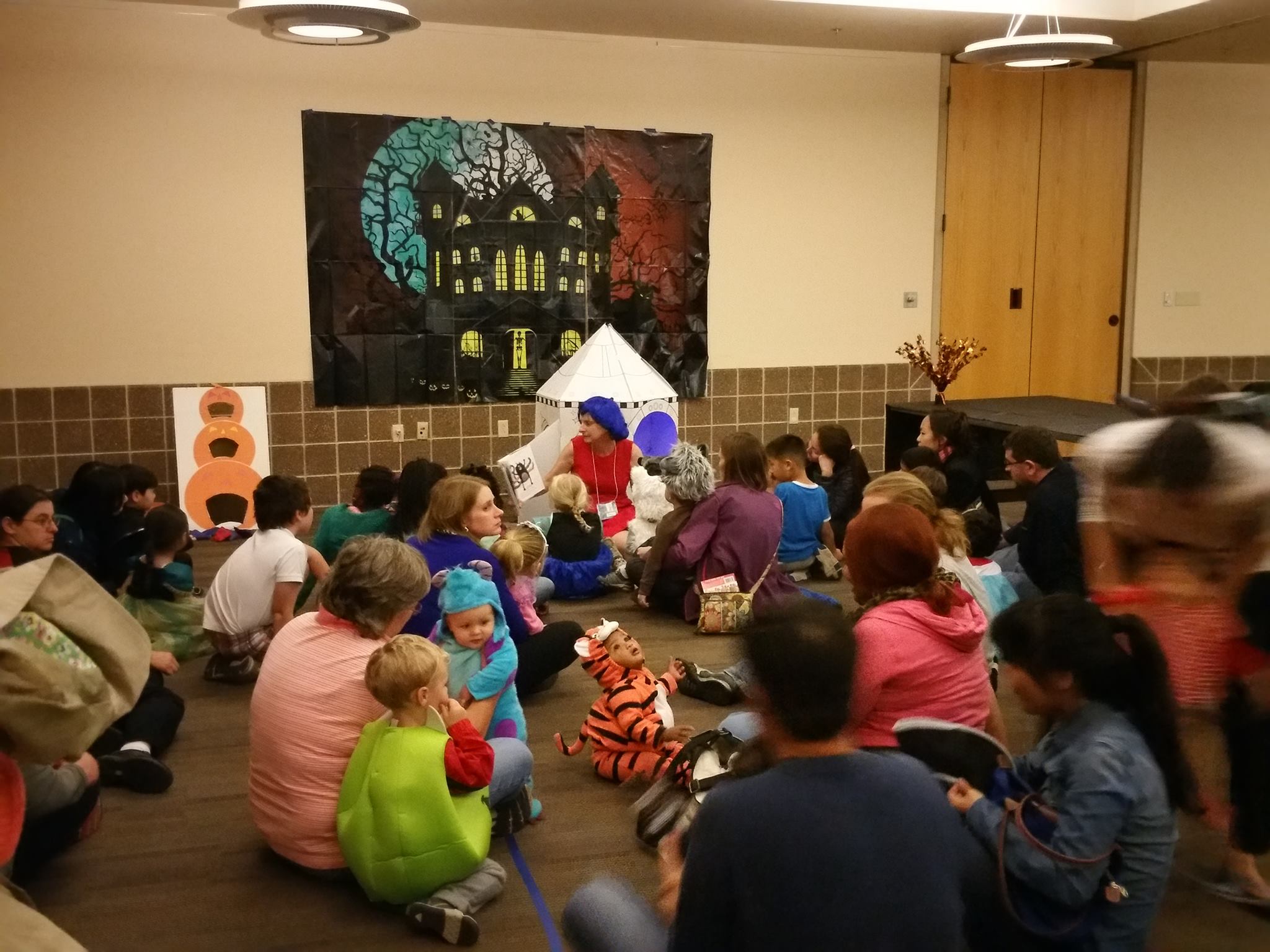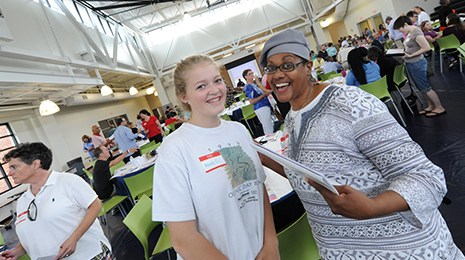Ashland Breaks Down Barriers to Engagement, Doubling Town Meeting Attendance
By Polco on May 10, 2021
.png)
-By Julia Steege-Reimann-
“Town Hall is intimidating. Working adults may not have the luxury of attending meetings,” said Jenn Ball, Ashland, Massachusetts Assistant Town Manager.
Plus, under Ashland’s “Open Town Meeting” form of government, legislative decisions can only be made by registered voters who have the ability to show up at the time and place designated for the Town Meeting.
“These meetings have traditionally been dominated by older adults who do not have kids living with them, leaving out the vast majority of Ashland’s families struggling to balance work, kids’ activities, and family life with civic participation,” said Ball. “This lack of involvement meant an unrepresentative sample made many of the town’s most consequential decisions.”
Indeed, in 2016, The National Community Survey (The NCS) also showed room for improvement related to several aspects of community engagement in Ashland. The NCS is the gold-standard in resident opinion surveys on community livability.
So, Ashland implemented a number of strategies to break down barriers to resident engagement.
These efforts have led to significantly improved ratings on The NCS. In 2019, Ashland residents rated measures of resident involvement, confidence in town government, being honest, acting in the best interests of the Town, and treating all residents fairly at least fifteen percentage points higher than they did in 2016.
These improvements led Ashland to be recognized as a Finalist for the Voice of the People (VOP) Awards for Transformation in Community Engagement. This is the only national award that honors local governments based on feedback from residents. The award is presented by Polco/National Research Center (NRC) and the International City & County Management Association (ICMA). This award acknowledges local governments that make significant improvements on The NCS and that take the best actions on behalf of their communities.
.jpg?width=266&name=50464600201_bc9116a2de_w%20(1).jpg)
Break Down Barriers to Engagement
One strategy that leaders use to engage residents is to prioritize attendance at community events and to organize informal meetings with community members in their homes. Leaders paused this strategy during COVID-19.
“Our job doesn’t end at 5 o’clock or when the last meeting ends,” said Town Manager Michael Herbert. “We find it important to be at farmers markets and community events to develop that type of connection.”
“Prior to the pandemic, we really found that informal, in-home meetings were invaluable in developing the trust necessary for good governance,” said Ball.
Ashland leaders also developed an online group to help identify concerns and issues facing young professionals and people with young families. Based solely on this group's feedback, the Town provided free childcare for all Town Meetings prior to COVID-19.
As a result, the average attendance of in-person Town Meetings prior to COVID-19 increased from about 250 people to more than 400 people. At the same time, the average age of attendees decreased from 64 to 48. All meetings are virtual during the COVID-19 pandemic.
Another strategy the Town invested in even prior to pandemic is gathering feedback online.
“This has allowed for members of our community with young families to participate without having to obtain childcare to attend an evening community meeting,” said Ball.
As one example, Ashland partnered with a company to allow community members to provide feedback electronically related to a downtown streetscape project. Three times as many residents offered feedback on this project than the Town’s largest in-person public meeting.
“While people are clamoring in many ways for in-person interactions now that we have to meet virtually due to the pandemic, I believe online meetings have opened up a lot of different types of people to be able to participate,” said Ball.
Evolve Communication Strategies
The Town commits to evolving its communication strategies to engage more residents. For example, the Town’s 2016 results from The NCS identified the Town’s website and social media as key sources of information. Over the last three years, Town leaders have put considerable effort into building its social media presence. In 2016, most Facebook posts reached 100-200 people. Today posts reach more than 2,500 people.
During COVID-19, communication via social media and online newsletters has become even more important. Ashland’s weekly online newsletter currently reaches 4,000 people.
Create Spaces To Come Together
Last, the Town seeks to build community through creating more spaces for people to come together. In 2016 and 2017 Ashland turned a vacant property downtown into a small park for community events. Prior to the pandemic, the Town hosted a newly-created annual music and art festival, an annual cultural festival, and a Diwali Event at the park.
During COVID-19, the Town developed virtual programming to bring people together safely. For example, the library hosts virtual programming and the recreation department hosts socially-distanced outdoor programs such as scavenger hunts in the parks.
“Even during the pandemic, we always try to be incredibly interactive and inclusive,” said Ball. “We try to be agile. We’re willing to try all sorts of strategies to make sure our residents know we still want to hear from them and that we’re still trying to move important initiatives forward.”
Reach All Residents
One key component of Ashland’s success is its use of data to continuously improve. Their current focus is how to reach underrepresented residents.
“In the 2016 iteration of (The NCS) survey, we looked at the data in the aggregate to revise and implement our initiatives. While this yielded very positive results, we will use the 2019 data to identify groups or categories of people that feel less positive about the town or perhaps excluded from opportunities to participate,” said Ball.
To better reach underrepresented residents, the Town recently created a People of Color steering group that will help town officials understand survey data, explore additional data sets, and develop policies to promote equity.
The Town has also recently hired a new Communications and Cultural Affairs Program Coordinator. The Coordinator’s role is to create community events that draw diverse community members together and enhance the Town’s communication methods so they reach as many residents as possible.
“We continuously strive to increase community engagement to ensure all of our residents’ voices are heard,” said Ball.
A version of this article was originally published on The Atlas.
Request more information about The National Community Survey.
Related Articles
Popular posts
Sign-up for Updates
You May Also Like
These Related Stories

How Battle Creek Transformed Its Recycling and Drinking Water Systems

How Richmond Heights Became A Regional Destination for Education


